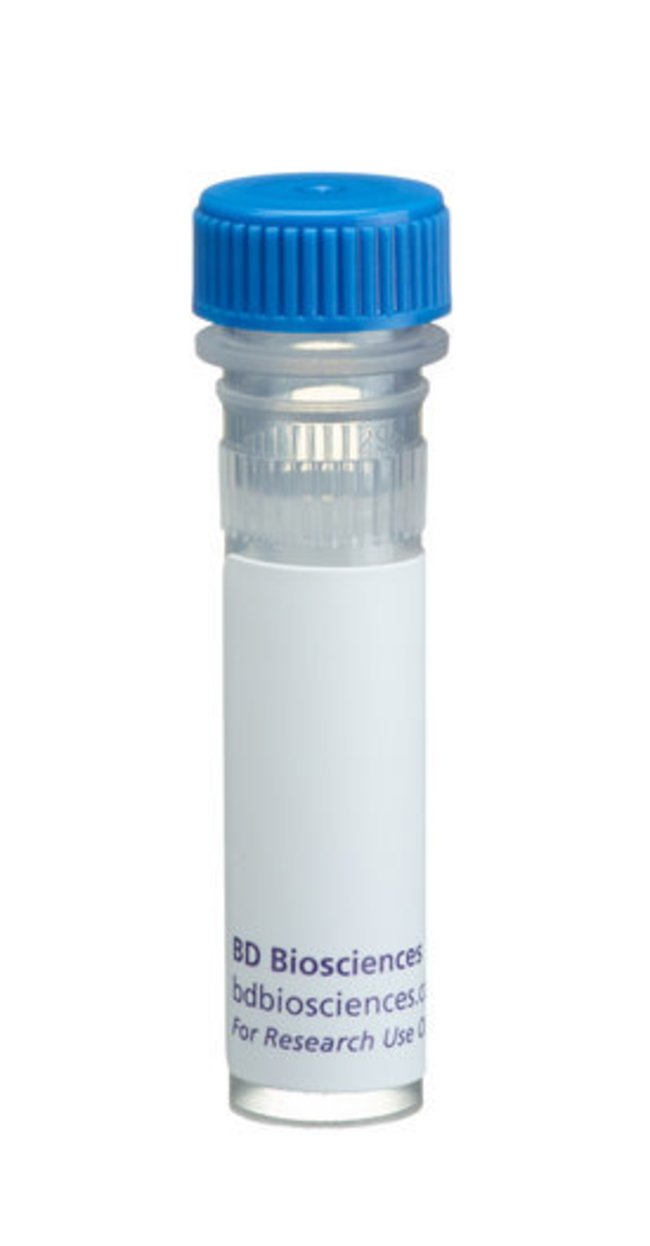E-Cadherin Mouse, Unlabeled, Clone: 36/E-CADHERIN, BD, Mouse Monoclonal Antibody, Each

|
|
Details:
E-Cadherin is a 120-kDa transmembrane glycoprotein that is localized in the adherens junctions of epithelial cells. There it interacts with the cytoskeleton through the associated cytoplasmic catenin proteins. In addition to being a calcium-dependent adhesion molecule, E-Cadherin is also a critical regulator of epithelial junction formation. Its association with catenins is necessary for cell-cell adhesion. These E-cadherin/catenin complexes associate with cortical actin bundles at both the zonula adherens and the lateral adhesion plaques. Tyrosine phosphorylation can disrupt these complexes, leading to changes in cell adhesion properties. E-Cadherin expression is often down-regulated in highly invasive, poorly differentiated carcinomas. Increased expression of E-Cadherin in these cells reduces invasiveness. Thus, loss of expression or function of E-Cadherin appears to be an important step in tumorigenic progression. The 36/E-Cadherin monoclonal antibody recognizes the cytoplasmic domain of E-Cadherin, regardless of phosphorylation status. The peptide immunogen was generated from human E-Cadherin aa. 735-883. Note: Investigators are advised that this antibody has some degree of cross-reactivity to P-Cadherin.
Additional Information
| SKU | 10134821 |
|---|---|
| UOM | Each |
| UNSPSC | 12352203 |
| Manufacturer Part Number | 610182 |
